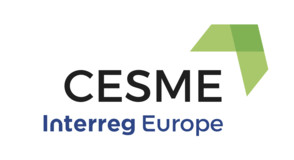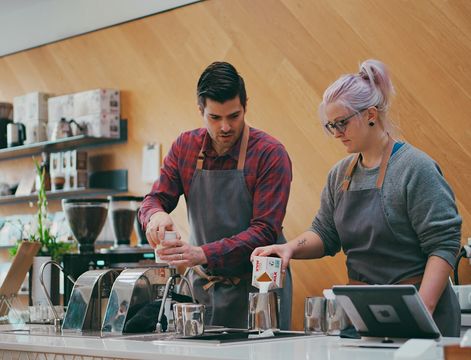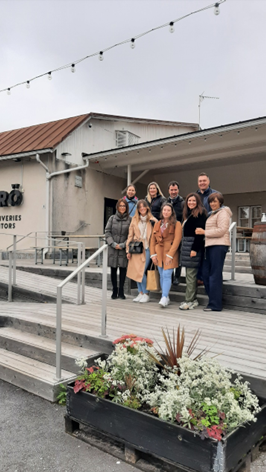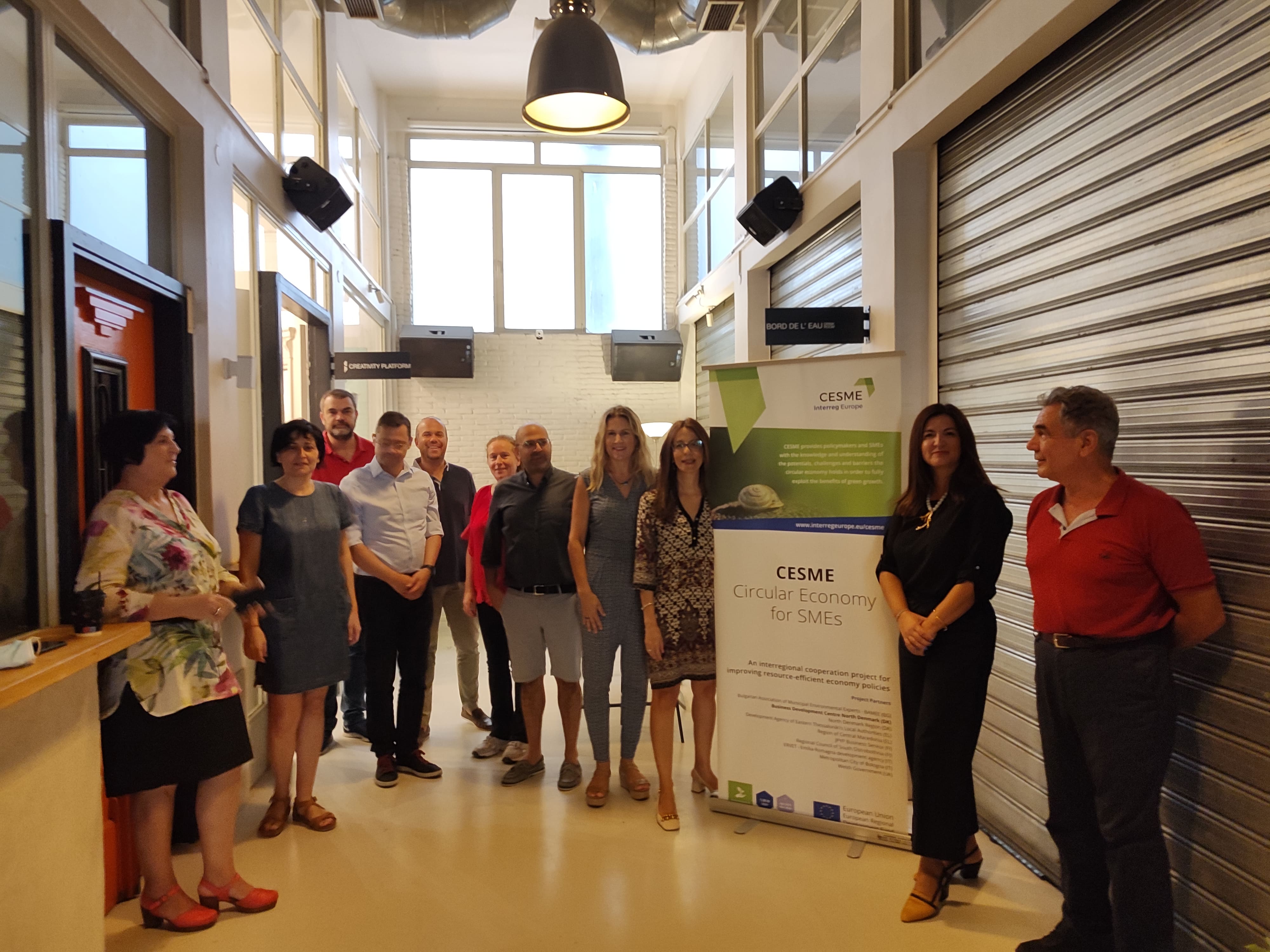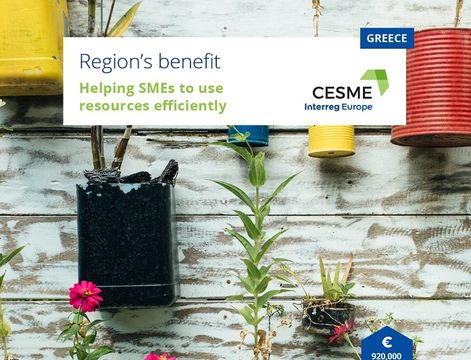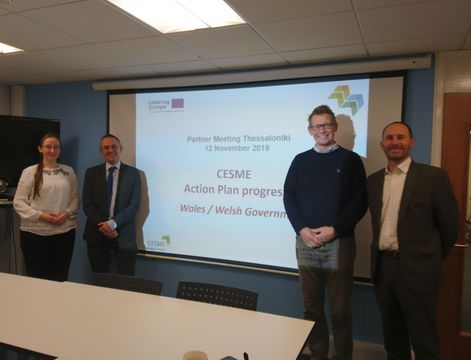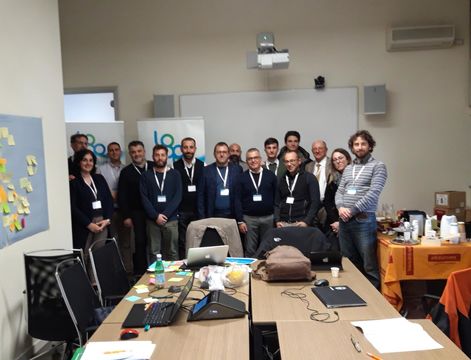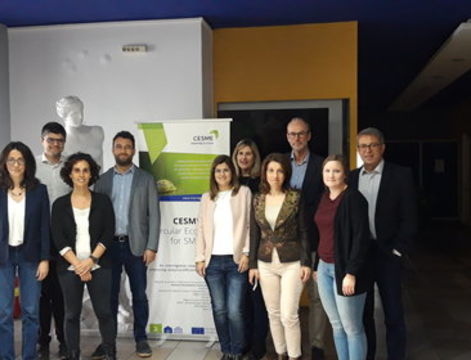Good practices from SMEs are now searched in South Ostrobothnia, Finland, to share information of new possibilities that circular economy creates for businesses. CESME project involves two partners from the region, Järvi-Pohjanmaa Business Service (JPYP) and Regional Council of South Ostrobothnia.
In addition to sharing good practices, the project aims at clarifying regional strategies. The idea of circular economy belongs on a general level to the regional strategy and the smart specialisation strategy of South Ostrobothnia, related to the sustainable use of resources, new solutions in bioeconomy, and smart and energy efficient systems. However, the concept circular economy is not mentioned as such in the strategies.
The South Ostrobothnian local support group had its first meeting in June 2016. In the group, there are representatives from both public and private sectors, meaning experts, researchers, and business owners. There are 15 members in the group. The tasks of the support group are to share SEMs’ good practices, both from the partner countries and from South Ostrobothnia, and to write a regional action plan to advance circular economy. The group members are also invited to join in some of the partner meetings, depending on the topics related.
In its first meeting, the South Ostrobothnian local support group discussed a lot about the topic. The project partners gave a presentation about the project and told about the good practices presented at the kick-off meeting in Cardiff, Wales. Also regional good practices were discussed, as well as potential critical materials in the region. It was widely agreed, that wood industry and bioenergy should be the focus areas for South Ostrobothnia in the project.
The local support group would like to visit a biogas plant in one of the partnering countries. It was especially highlighted, that since transporting is often the “bottleneck”, the logistical processes, development ideas and solutions would be interesting to study.
The project will be presented on various fairs in the region, and collaboration between other related projects will be sought. For example, collaboration would be interesting with a project called Versatile materials, which has been run in the Seinäjoki region, South Ostrobothnia, recently.
Boosting circular economy is one of the priorities of the Finnish government. Finland is preparing a national action plan on the topic. Several ministries participate in the process, which is led by a public fund Sitra.
